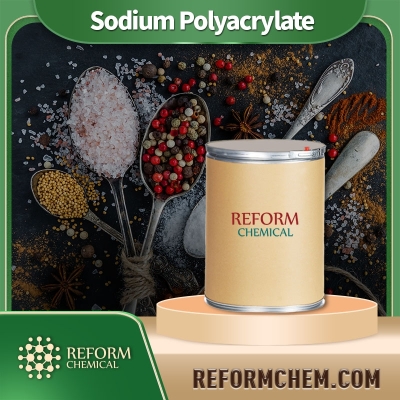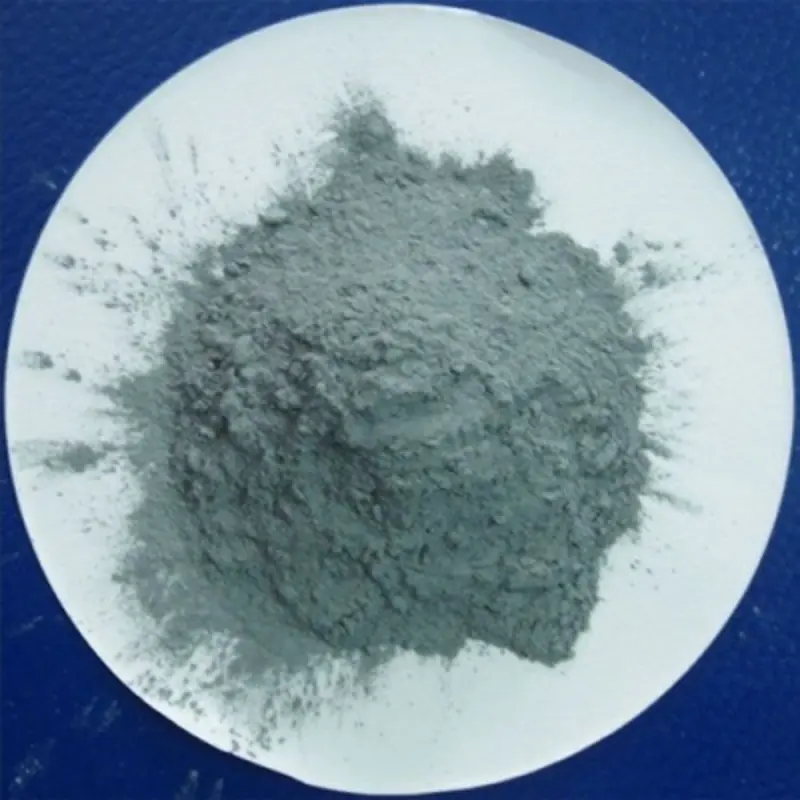-
Categories
-
Pharmaceutical Intermediates
-
Active Pharmaceutical Ingredients
-
Food Additives
- Industrial Coatings
- Agrochemicals
- Dyes and Pigments
- Surfactant
- Flavors and Fragrances
- Chemical Reagents
- Catalyst and Auxiliary
- Natural Products
- Inorganic Chemistry
-
Organic Chemistry
-
Biochemical Engineering
- Analytical Chemistry
-
Cosmetic Ingredient
- Water Treatment Chemical
-
Pharmaceutical Intermediates
Promotion
ECHEMI Mall
Wholesale
Weekly Price
Exhibition
News
-
Trade Service
Propylparaben sodium is a chemical compound that is commonly used in the chemical industry.
It is a white or nearly white, crystalline powder that is soluble in water and has a slightly bitter taste.
Propylparaben sodium is used as a preservative in various products, including cosmetics, pharmaceuticals, and food products.
Upstream products of Propylparaben sodium
The production of Propylparaben sodium involves several upstream processes.
The main raw materials used in the production of Propylparaben sodium include propylalcohol and sodium hydroxide.
Propylalcohol is derived from the hydrolysis of propylene, which is a byproduct of the petrochemical industry.
Sodium hydroxide is extracted from sodium chloride, which is mined from natural sources.
The production process for Propylparaben sodium involves the reaction of propylalcohol with sodium hydroxide to produce propylparaben.
The reaction takes place in the presence of a solvent, such as ethyl acetate, and a catalyst, such as hydrochloric acid.
The resulting product is then purified through crystallization and filtering to remove any impurities.
Downstream products of Propylparaben sodium
Propylparaben sodium is used as a preservative in a variety of downstream products.
Some of the most common downstream products that use Propylparaben sodium as a preservative include cosmetics, pharmaceuticals, and food products.
In the cosmetics industry, Propylparaben sodium is used as a preservative in a variety of personal care products, including creams, lotions, shampoos, and soaps.
Propylparaben sodium helps to prevent the growth of bacteria and fungi in these products, which can extend their shelf life and maintain their effectiveness.
In the pharmaceutical industry, Propylparaben sodium is used as a preservative in various medications, including tablets, capsules, and injectables.
Propylparaben sodium helps to prevent the growth of bacteria and fungi in these products, which can help to ensure their efficacy and safety.
In the food industry, Propylparaben sodium is used as a preservative in a variety of food products, including bakery goods, dairy products, and meats.
Propylparaben sodium helps to prevent the growth of bacteria and fungi in these products, which can help to extend their shelf life and maintain their quality.
In conclusion, Propylparaben sodium is an important chemical compound that is used in a variety of upstream and downstream products in the chemical industry.
It is used as a preservative in cosmetics, pharmaceuticals, and food products, and it helps to prevent the growth of bacteria and fungi in these products.
The production of Propylparaben sodium involves several upstream processes, and it is used in a variety of downstream products that are important to the chemical industry.




![Aluminum, [(2E)-2-butenedioato(2-)-κO1]hydroxy- Al-Fum](https://file.echemi.com/fileManage/upload/goodpicture/20230919/ibrutinib-high-quality_b20230919163357076.jpg)


